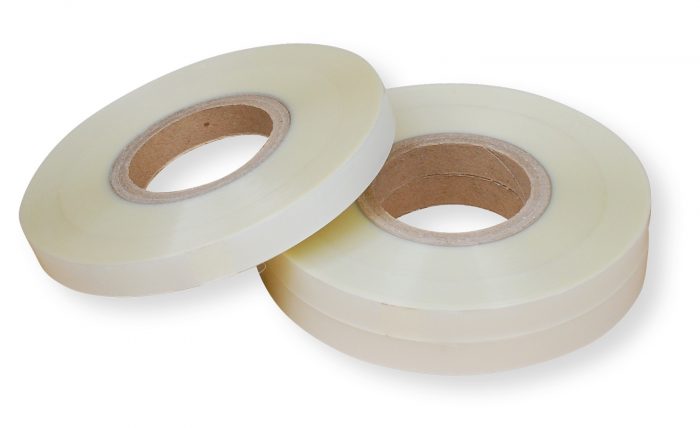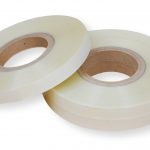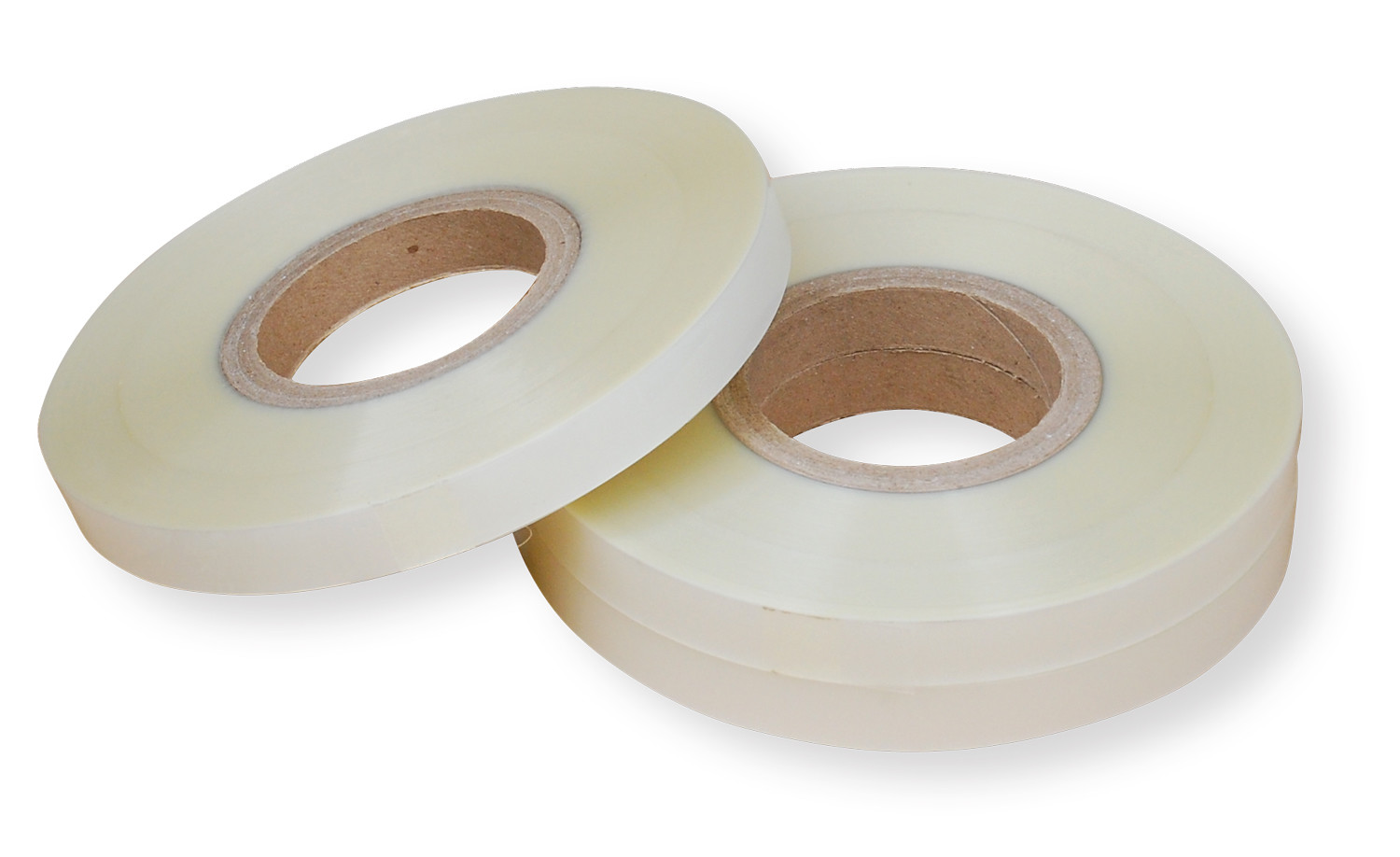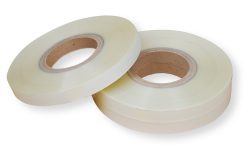Transformer Insulation Redefined:The Importance of Thickness in Fiber Tape and Fiberglass Electrical Tape
Transformers are critical components in electrical power systems, tasked with stepping voltage levels up or down for efficient power transmission and distribution. One of the essential aspects of transformer design is insulation, which plays a key role in ensuring operational safety, reliability, and efficiency. Among the various insulation materials available, fiberglass electrical tape, including variants like filament tape and glass cloth tape, stands out for its excellent performance characteristics.
Today, we will explore the significance of fiberglass electrical tape, its thickness varieties (0.13mm, 0.14mm, and 0.17mm), and its application in transformer insulation.
The Role of Insulation in Transformers
Insulation protects transformers from electrical, thermal, and mechanical stresses. The thickness of insulation materials is vital for ensuring safe and efficient transformer operation. Thicker materials can withstand higher voltages and prevent electrical breakdown, making the selection of the right insulation tape crucial.
Factors Influencing Insulation Thickness
Operating Voltage: The voltage levels transformers are designed to handle directly impact the required thickness of insulation. Higher voltages necessitate thicker insulation to prevent breakdown. For instance, fiberglass insulating tape is ideal for medium to high-voltage applications due to its robust properties.
Temperature Ratings: Transformers operate across a wide temperature range. Fiberglass electrical tape can withstand higher temperatures without degradation, with thicknesses of 0.13mm, 0.14mm, and 0.17mm offering a range of thermal performance.
Material Properties: The dielectric properties of insulation materials significantly affect thickness requirements. Fiberglass tape typically offers superior dielectric strength, making it suitable for various applications. Its thickness translates to improved insulation reliability, particularly in environments with significant temperature fluctuations.
Mechanical Stress: Transformers are subjected to mechanical stresses during operation and installation. The thickness of fiber tape must be sufficient to handle vibrations and physical impacts. Filament tape and fiberglass electrical tape are engineered to provide the necessary tensile strength, ensuring longevity and resilience.
Environmental Factors: Exposure to humidity, pollutants, and contaminants can impact insulation effectiveness. Employing thicker fiberglass electrical tape in challenging environments enhances insulation integrity and longevity.
Common Thicknesses of Fiberglass Electrical Tape
Fiberglass electrical tape typically comes in various thicknesses tailored for specific applications. The most commonly used thicknesses are 0.13mm, 0.14mm, and 0.17mm. Each thickness serves a specific purpose:
0.13mm Thickness: Suitable for low to medium-voltage transformers where standard insulation is required. This thickness provides adequate insulation while keeping the overall weight of the transformer manageable.
0.14mm Thickness: Offers a balance between flexibility and strength, making it ideal for environments that experience moderate mechanical stress. This thickness is commonly used in winding applications within transformers to prevent short circuits.
0.17mm Thickness: Designed for high-voltage applications, this thickness provides enhanced electrical insulation and mechanical support. It is particularly effective in transformers operating in harsh environments, ensuring reliable performance over time.
Advantages of Fiberglass Electrical Tape
Fiberglass electrical tape and its various forms provide several benefits in transformer insulation:
Durability: With excellent resistance to moisture and chemicals, fiberglass insulating tape is ideal for protecting transformer windings from environmental damage.
Thermal Resistance: It can withstand high temperatures, ensuring reliable operation even under thermal stress.
High Dielectric Strength: Fiberglass electrical tape provides superior electrical insulation, making it particularly well-suited for high-voltage applications.
Easy Application: The flexibility of fiber tape allows for easy wrapping around complex shapes, ensuring comprehensive insulation coverage.
Applications of Fiberglass Electrical Tape
Fiberglass electrical tape is widely used in transformer insulation, serving multiple purposes:
Winding Insulation: It wraps around insulated conductors, enhancing electrical insulation and preventing shorts.
Layering: Often used in multi-layer insulation systems, ensuring that transformers can handle high-voltage conditions without failure.
Repair and Maintenance: Fiberglass tape is a go-to material for repair work, restoring insulation integrity in aging or damaged transformers.
Final Thoughts on Fiberglass Electrical Tape
In the world of transformer design and insulation, fiberglass electrical tape is an indispensable material. Its varying thicknesses—0.13mm, 0.14mm, and 0.17mm—cater to specific voltage and performance requirements, enhancing insulation effectiveness and operational safety. By understanding the importance and application of fiberglass insulating tape, engineers can optimize transformer designs for reliability and longevity.
As technology continues to evolve, the role of insulation materials like fiberglass electrical tape, filament tape, and fiber glass tape will remain crucial in meeting the demands of modern electrical systems. Investing in high-quality insulation not only protects transformers but also ensures the efficiency and safety of electrical power distribution networks.






















































